Join us for an exclusive conversation with presenter, broadcaster and author Alan Titchmarsh. Recorded at BBC Gardeners’ World Live, and Hosted by presenter and broadcaster, Nicki Chapman, the audience listened in as Alan discussed what it means to be a good gardener… You can buy tickets for the next live show, BBC Gardeners’ World Autumn Fair here.
What would we eat on Mars?
21.08.2023 - 11:43 / theunconventionalgardener.com / Emma Doughty
What will the first astronauts to set foot on Mars eat? NASA is putting some serious thought into that question. Astronauts on the ISS can choose from around 200 different items on the American menu, all shelf-stable, long-life foods. The problem is that a trip to Mars will take two to three years, and the foods currently available will start to lose their nutrient value before the astronauts get home.
But the first Martians will almost certainly be fuelled by ready-to-eat meals (MREs) that just need heating up, or rehydrating and heating up. We don’t know much about how to cook on Mars. Astronauts don’t waste time on such niceties anyway.
While it may not happen soon, it seems likely that space will ultimately open up to people who aren’t professional astronauts. Regular people will be taking trips into space and could eventually live in off-world communities.
And so Ryan and I wondered – what would people like us eat on Mars? At some almost unimaginable point in the future where people live on Mars, how would they manage on a steady diet of shelf-stable foods? They certainly wouldn’t want to live on MREs indefinitely. To stave off going stir-crazy, you would want to cook, to create your own Meals on Mars.
So we thought about whether we could live on shelf-stable foods for any length of time. Here in the UK, we don’t have access to the range of freeze-dried ingredients that are available in America. Where would the problems arise?
Milk. I can’t tolerate cow’s milk, and (on Earth!) I drink goat’s milk. It is possible to get UHT goat milk, and even powdered goat milk, although it’s not widespread. I don’t like most non-dairy milks, although some of them are OK for some uses. I could make oat milk, although I haven’t tried

What Animals Eat Squash? How To Protect Squash Plants
As humans, we are omnivorous and eat a host of foods. And our furry and feathered friends seem to enjoy a similar diverse diet. It is not unusual to check the vegetable patch and find some gnaw marks in our food, especially squash. What animals eat squash? The answer is as varied as our wildlife.
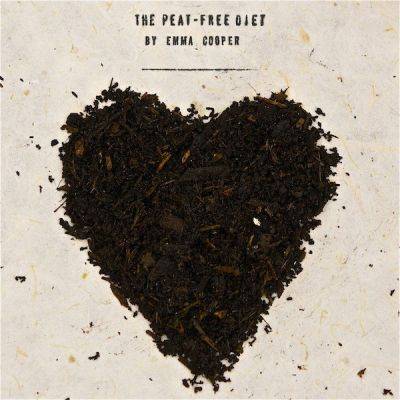
The Peat-Free Diet: Peat-free seed composts
An ideal seed compost is able to retain water, whilst at the same time letting excess water drain away to provide an environment that is damp but not waterlogged. It allows penetration of plant roots and is able to anchor plants, but has space for air. Its texture is consistent, and it is free from pests, diseases and weeds that would compete with the seedlings. As we have seen, it doesn’t need to contain many nutrients if seedlings are going to be pricked out; seedlings growing in modules will either need enough nutrients in the compost to support them through their first weeks of life, or suitable supplementary feeding.
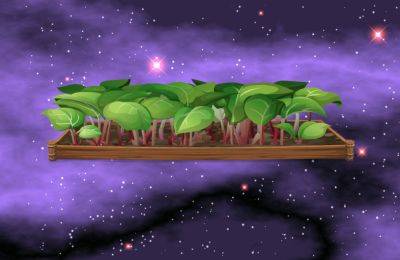
Astronaut eat their veggies!
It’s hard to imagine anyone being more excited about eating lettuce than the three astronauts aboard the International Space Station (ISS) were yesterday, when they tucked into the first leaves of space-grown lettuce they’ve been allowed to eat. Despite having to sanitise the leaves first, with citric-acid-based, food-safe, antibacterial wipes (yummy!), they broke out the oil and vinegar and tucked in with gusto. They even thanked Mission Control and the scientists for giving them the opportunity to take part in this payload mission, and saved some veggies for the Russian cosmonauts who were outside on a spacewalk at harvest time.

The grass beneath our feet
The English obsession with grass came into being in the 17th century, when the close cut lawn was a status symbol of the rich. Only they could afford to take land out of production for purely aesthetic purposes, and maintaining a lawn before the invention of the mower was a highly skilled and labour-intensive process. The middle classes started growing lawns from the 1860s onwards, and the Victorian popularity for outdoor sports led to their proliferation. Grass species from the Old World were taken to America during this period, and the lawn took there over in the early 20th century. In 2005, NASA published research suggesting that lawns (including residential and commercial lawns and golf courses) were the single largest irrigated ‘crop’ in America, covering about 128,000 square kilometres. In 2013 there were upwards of 15 millions lawns in Britain, costing us £54 million in fertilisers and £127 million on lawn mowers.
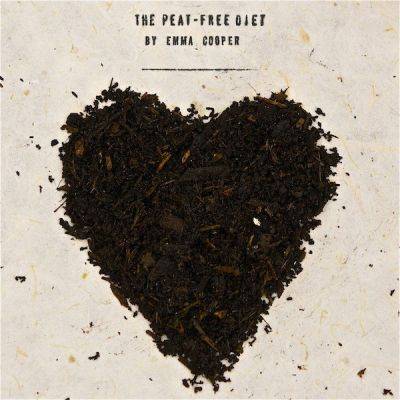
The Peat-Free Diet: Potting Compost
One of the big differences between now and the time before gardeners relied so much on peat-based composts is the rise in container growing. An army of modern amateur gardeners has to put up with small gardens, and possibly with no soil at all. Growing plants in containers allows us to garden wherever we like, and even to grow plants that would not thrive in our soil. Some plants are grown in containers to keep them under control; others so that they can be moved indoors in winter to ensure their survival.
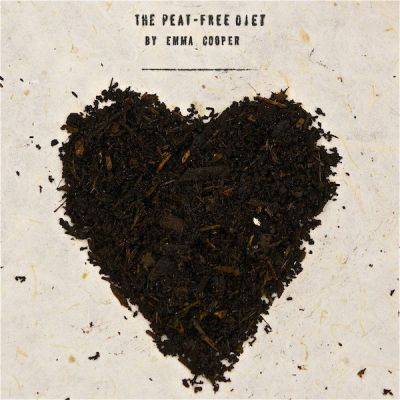
The Peat-Free Diet: Buying plants and growing mushrooms
Buying plants
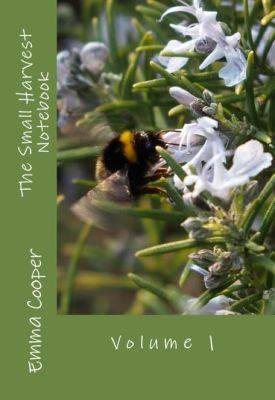
The Small Harvest Handbook
A couple of weeks ago, I was looking for some statistics about the average UK garden size, and I found some interesting ones. According to the 2015 media pack for the RHS The Garden magazine, a document that is aimed at attracting advertisers to the publication, the 380,000 RHS members the magazine is sent to have gardens that are 10 times larger than the UK average, covering over half an acre.

Toasting giant marshmallows
Like new potatoes and asparagus, giant American marshmallows are clearly in season at the moment – they’re appearing in all the shops. We spotted them in our local garden centre (!) and, fresh from the success of our inaugural marshmallow toasting, we thought we’d set ourselves a challenge and see whether we could repeat it with something considerably larger.
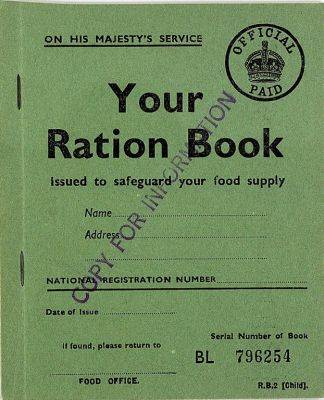
How well would we cope with rationing?
I’ve always been fascinated by the Home Front, the enlistment of every man, woman and child in the British Isles in an effort to beat Hitler through food rationing, making do and mending, salvage, growing your own and basically making the most of scarce resources with elbow grease and endless ingenuity. I’ve just read Eggs or Anarchy by William Sitwell, a biography of Lord Woolton who was the Minister of Food for much of the Second World War. He was in charge of ensuring everyone got fed, and improving nutritional standards was one of his aims. It’s unusual to get the ‘behind-the-scenes’ view, and the political situation wasn’t as united as may appear from our rose-tinted histories.
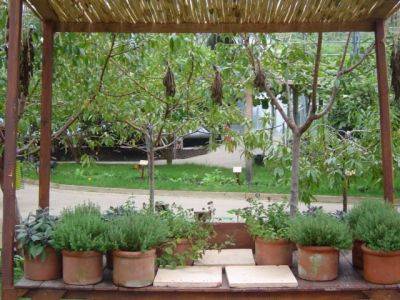
What would a resilient UK garden look like?
A little while ago I was talking about the recent extended period in my life when, for a variety of reasons, I was unable to garden. As it happens, I have been reading The Resilient Gardener, by Carol Deppe, which is subtitled “Food production and self-reliance in uncertain times”.
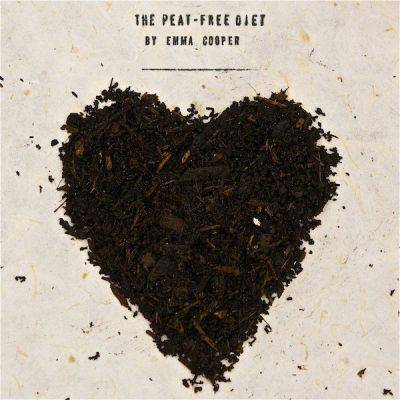
The Peat-Free Diet: Preface
The idea that we should be gardening without using peat is not a new one, at least here in the UK. I have a copy of ‘Gardening Without Peat’, published by Friends of the Earth in 1991. It explains that our exploitation of peat bogs is using up peat faster than it is being formed – we should consider it a non-renewable resource. The destruction of the peat bogs is causing a decline in biodiversity and allowing carbon dioxide to escape into the atmosphere to add to our climate woes.
